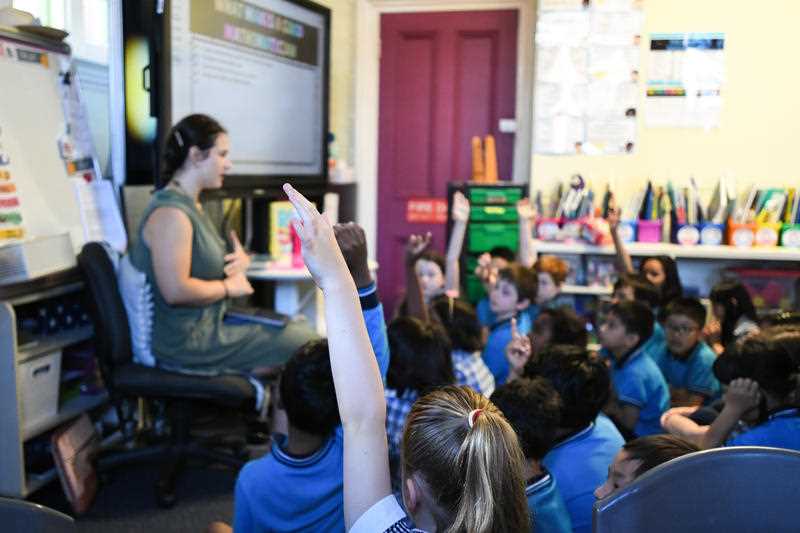Australia’s most valuable resource is not of the mineral variety but rather the 26 million brains which, if nurtured correctly, will help power the economy for decades to come.
That’s the argument put forward in a new Productivity Commission report which urges an education sector shake up to improve foundational skills, teaching quality and lifelong learning.
The report released on Friday detailed recommendations to harness digital technology in schools, return to a demand-driven university system and improve the quality of tertiary education teaching.
The commission looked at primary, secondary, tertiary and post-graduate levels of education to find measures to improve productivity.
It also recommended leveraging lessons from the COVID-19 pandemic, which fast tracked the use of digital technology in schools.
The report identified innovation as a key driver of productivity growth, which is something that could be nurtured through education and improving student’s critical thinking from an early age.
For school teachers, the report found long work hours, high intensity workloads and a lack of recovery time impaired not only teachers’ wellbeing but also their motivation and ability to provide high quality instruction.
Recommendations aimed to make use of digital technology in schools to reduce workloads and allow educators to experiment with alternative approaches to schooling.
These included trialling adjusted school hours and delivering lessons based on student progress rather than by their age.
“In an ongoing quest to improve student outcomes, it may be worth trialling untimed syllabuses in Australian schools to shore up the skills of lower-achieving students and extend the capacity of those at the higher end,” the report said.
The commission also recommended a demand-driven model for providing Commonwealth supported higher education places.
Instead of free tertiary places, which the report found carry a fiscal cost and are unlikely to improve outcomes, student contributions to tertiary education fees should be based on the average expected earnings of that field of study.
It also recommended expanding student loan eligibility to more diploma and advanced diploma level courses to encourage lifelong learning.
By Maeve Bannister in Canberra



